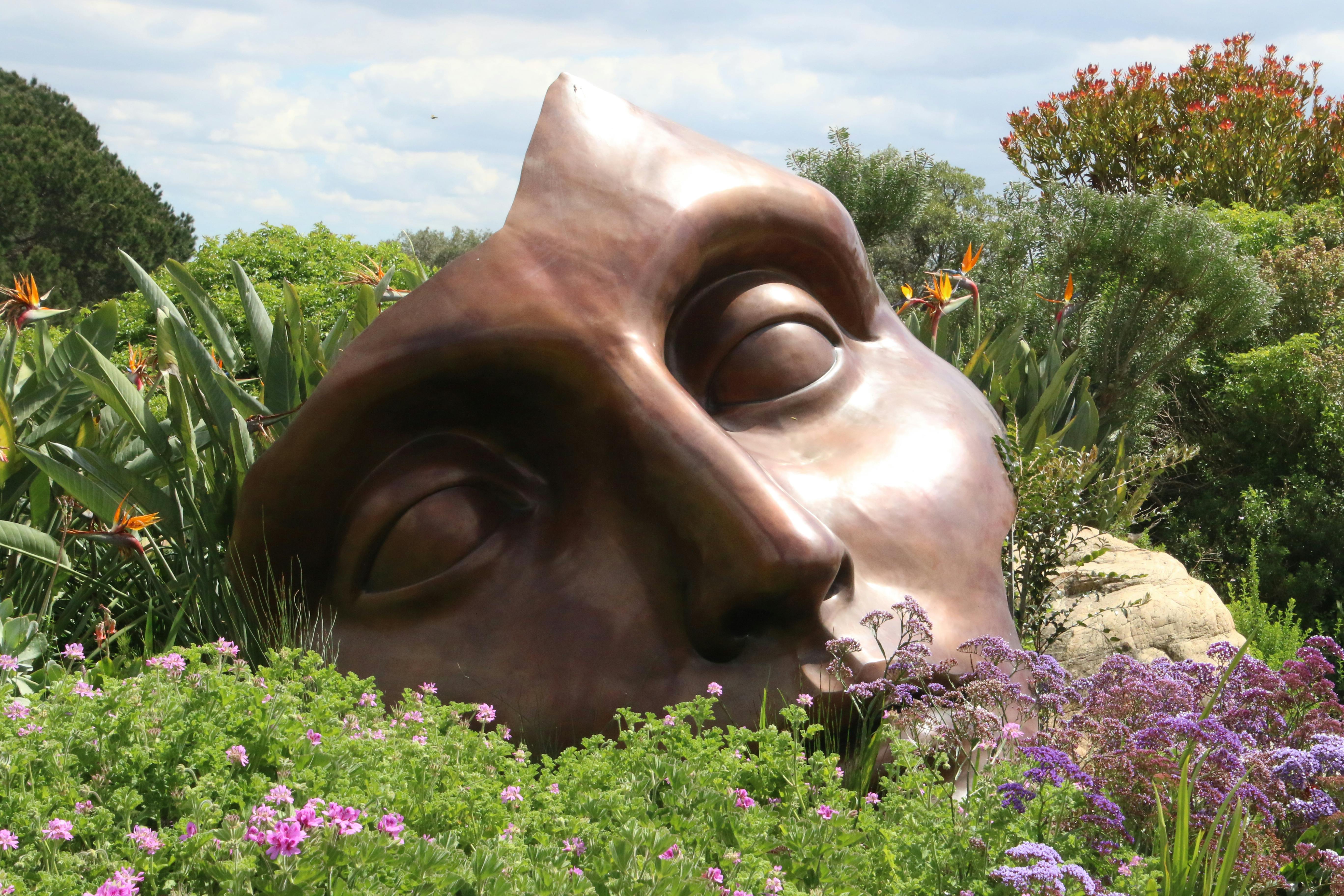Humans can be happy with 2 hours of sleep
It is known that modern people sleep, on average, about 7.5 hours a day. Studies also found that sleep duration varies from person to person and typically shortens with age: infants can sleep up to 12 to 18 hours a day, young children 9 to 12 hours, teenagers between 8 and 10 hours and adults around 10 hours. 6 to 9 hours. It is also known that with the progression of many chronic diseases (heart disease, cancer, diabetes, COPD, etc.), people generally require more time to sleep. Deliberate attempts to decrease sleep duration for all of these categories of people have been unsuccessful, although some people may have shorter sleep needs.
However, according to the clinical observations of some 200 Russian doctors practicing Buteyko auto-oxygenation therapy, when the above patients achieve superior body oxygenation, they naturally need only 2 hours of sleep and have no desire for more sleep. How does it work and why?
Virtually all chronic conditions have tissue hypoxia (low body oxygenation) as a normal feature. In cases of cancer, heart disease and COPD, poor cell oxygenation is the central factor that defines the progression of the disease and the treatment methods used. At the same time, the breathing pattern of people relates or even defines the oxygenation of the body. Consider these links between oxygenation, sleep, and breathing.
For seriously ill and critically ill people, less than 10 seconds of oxygen to the body is typical. (To measure oxygenation, exhale normally and count the breath-holding time in seconds, but only until the first signs of stress or the first desire to breathe appear.) Most of these patients have very poor sleep quality, while sleep duration may increase. to 10-12 or more hours. The breathing pattern of these people, as we can easily see, is deep and heavy.
When these sick people reach about 35-40s of oxygen in the body, they naturally spend only about 6 hours for restful and peaceful sleep. Most people who practice Buteyko oxygenation therapy are satisfied with this level of health as they experience no symptoms of their illnesses and do not require medication at this stage.
However, hundreds of Russians continued to make further progress. They increased their body’s oxygenation by up to 2.5-3 minutes and found that their sleep time is reduced naturally, again without trying (!), to just 2 hours. Dr. Buteyko and many of his medical colleagues were practical examples of this effect.
Surprisingly, the same observation (about 2 hours of sleep in perfect health) can be found in books on another breath retraining technique “hatha yoga” (“hatha yoga” means “breath master”).
For both systems, hatha yoga and the Buteyko method, the goal is to reduce/restrict breathing through special breathing exercises and natural means. Physiologically, this goal makes a lot of sense since thousands of medical studies have shown that the more we breathe (at rest), the less oxygen our tissues receive.
However, the Buteyko method is more specific and scientific. It was developed by Doctor Buteyko during the 1960s when he directed the classified project funded by the Ministry of Aviation and Space Exploration of the Soviet Union dedicated to the study of the optimal composition of air in spacecraft for maximum oxygenation of the first astronauts. Soviets. Dr. Buteyko studied the interactions between unconscious breathing patterns, breathing exercises, body oxygenation, and various systems of the human body. He realized that deep or deep breathing reduces the oxygenation of the body and causes dozens of other physiological abnormalities.
There are several different mechanisms by which breathing and body oxygenation influence our sleep. They involve the oxygenation and relaxation of our brain and muscles, the stability of the central nervous system (excessive breathing destabilizes nerve cells), blood flow, the work of the immune system, the activity of hormones, the parasympathetic-sympathetic balance and many others. other processes.
